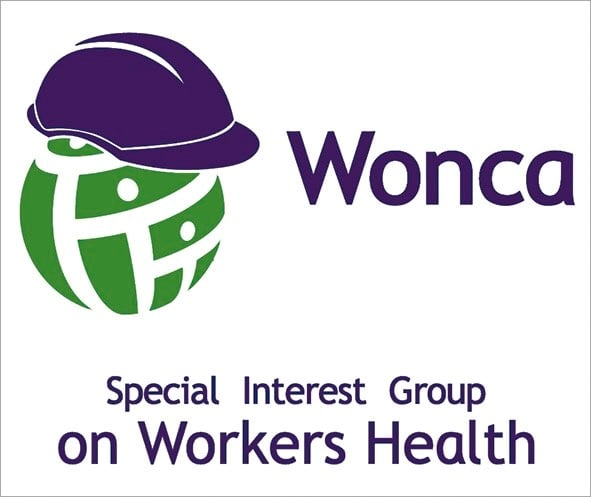
A new WONCA Special Interest Group on Workers Health was approved by the WONCA World Council in November 2016. Membership is open to interested family doctors.
Background
Health and work are intimately linked, as formulated in the WONCA - ICOH Statement (Lisbon, 2014). Poor health, injuries and disabilities prevent many from working at full capacity or from working at all. Having no work is a risk in itself for health and wellbeing, for not having an income, poverty for the family, a less purposeful life, and social isolation.
WONCA, the International Commission on Occupational Health (ICOH), WHO and others recognize that basic elements of workers’ health care, including preventive services, is or could be provided in primary care settings. An important reason is the coverage of 70-80% of the global population by primary health care, while only 10-15% of the global workforce is covered by expert-based occupational health services. Further advantages of primary health care are the trust of workers in it, and the location close to where people live, or work. Therefore the challenge is to provide basic forms of occupational health care in primary care, in collaboration with expert-based occupational health services or with new forms of support by occupational health experts, online information and referral facilities in hospitals.
Read more
WONCA / ICOH Pledge on Workers' Health
The World Organization of Family Doctors (WONCA) and the International Commission on Occupational Health (ICOH) pledge to work with our partner organizations (including WHO and ILO) to address the gaps in services, research, and policies for the health and safety of workers and to better integrate occupational health in the primary care setting, to the benefit of all workers and their families.